
The standoff between Washington and Beijing will drag on for some time despite recent messages from President Donald Trump stating that progress had been made in the trade talks, economist Michael Spence told CNBC Monday.
Trump tweeted last week that he had "a long and very good" conversation with the Chinese president, which included discussions on trade. He also said that negotiations were "moving along nicely," which drove global equities higher.
But according to Spence, a Canadian-American economist who won the 2001 Nobel Memorial Prize in Economic Sciences with George Akerlof and Joseph E. Stiglitz, this back and forth will continue for some time.
"The fundamental reason is that if you go back 10 or 15 years, everybody thought that some kind of conversion was going to occur in terms of governance and economic systems and it would be easier to work these things out," he said.
"(But) it's pretty clear that's not going to happen, so what we have is a much more complicated challenge, working out mutually-beneficial arrangements between very different systems," he added.
No indication of an imminent deal
Following Trump's comments, three senior administration officials told CNBC Friday that there was no indication of an imminent trade deal. Later Friday, Trump's top economic advisor Larry Kudlow told CNBC's "Halftime Report" that Trump had not asked his Cabinet to put together a draft trade deal.
"Reports of a budding U.S.-Sino trade deal sparked life in the markets last week, and although subsequently denied, the episode gave us good insight into what a deal would mean," research firm BNY Mellon said in its morning note Monday.
"Sad to say, however, that while bears would presumably take to the sidelines were a deal secured, they would hardly have good cause to head to the changing rooms," the analyst added.
China and the U.S. have hit an impasse over trade, since Trump imposed new tariffs on washing machines and solar panels coming from Beijing at the start of the year. Since then, there has been a back and forth between both governments, with more and more sanctions imposed, while also simultaneously trying to find a solution for their different views on trade.
Trump has argued that there is a very high trade deficit between China and the U.S. and he plans to reduce this deficit by imposing tariffs.
"The United States wants to change the terms of engagement with China in multiple dimensions," Spence told CNBC's "Squawk Box Europe" Monday.
Trump and China’s top leader are expected to talk trade at the upcoming G-20 meetings in Argentina.
Source: CNBC
















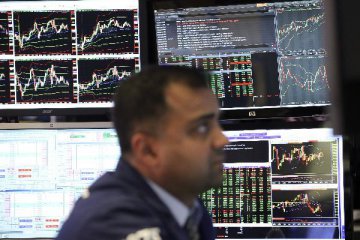
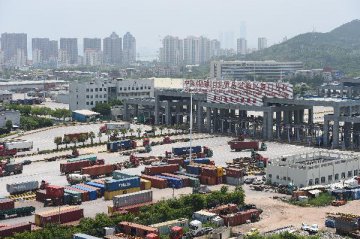
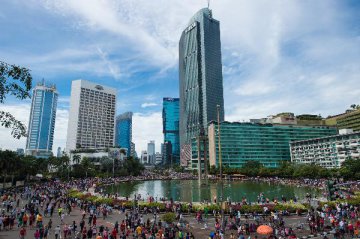
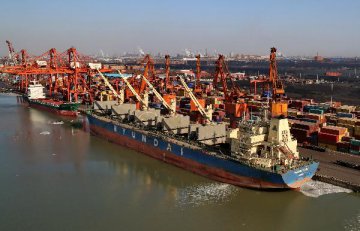
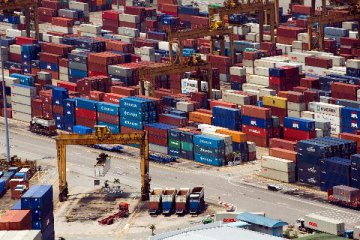
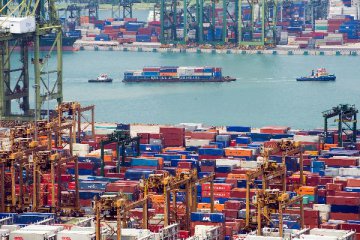


Latest comments